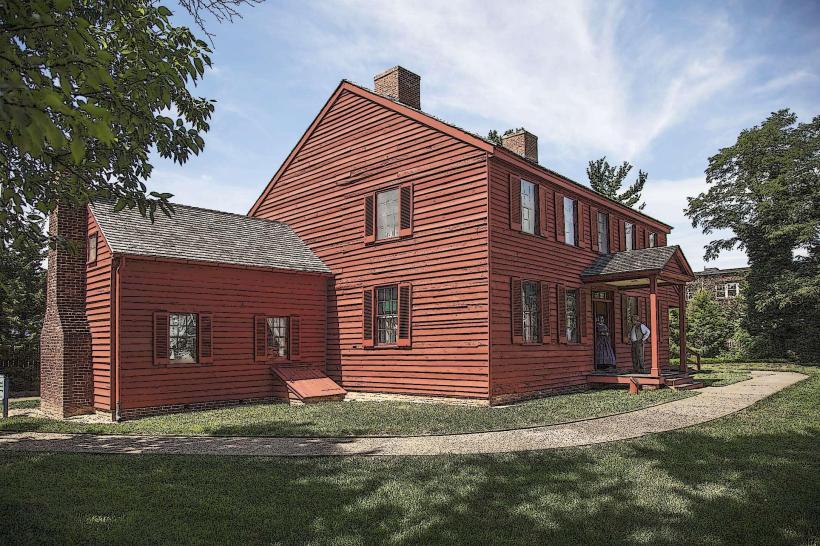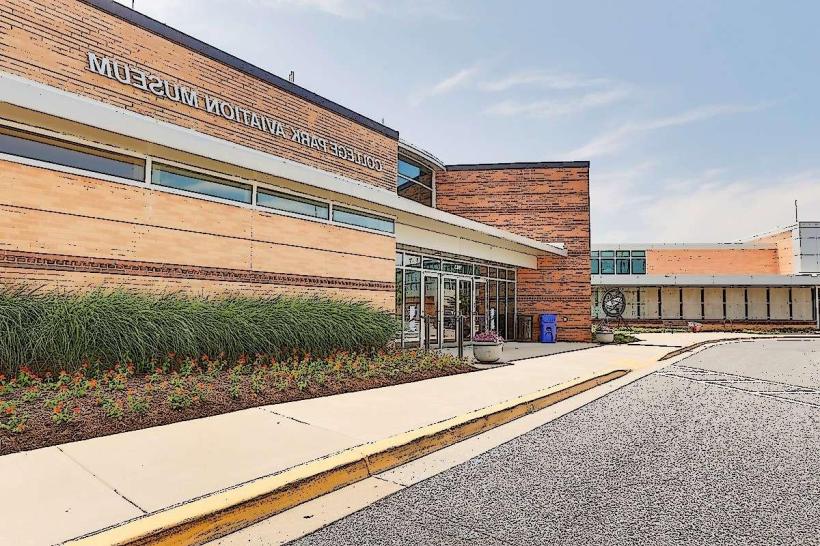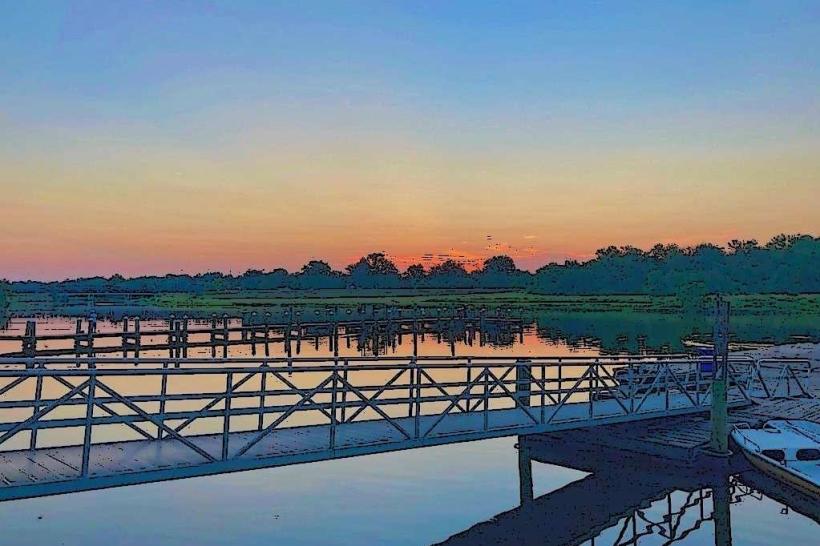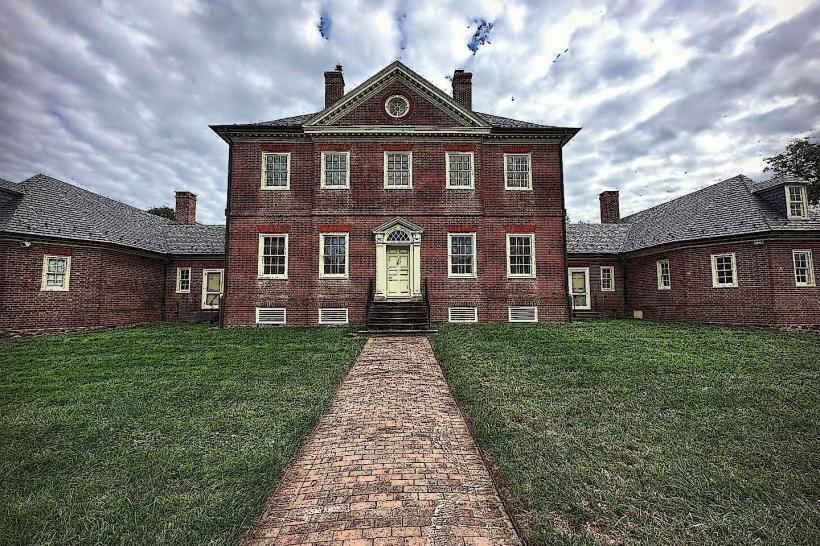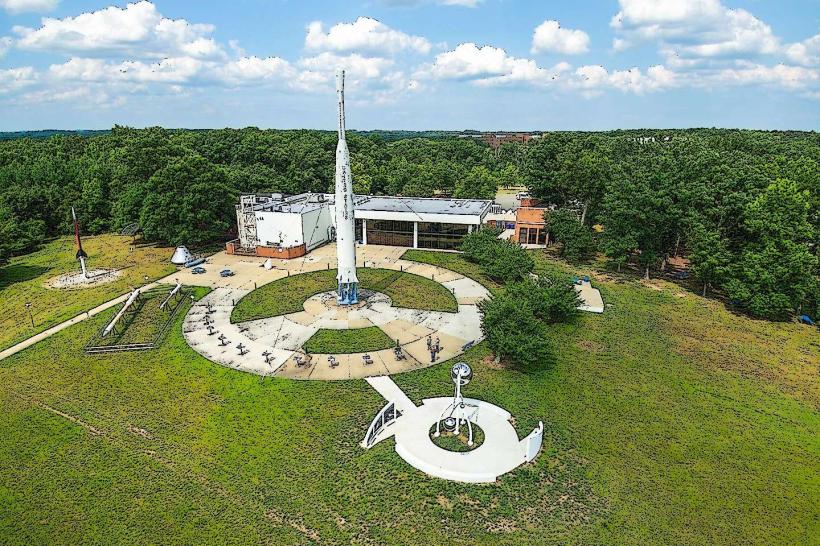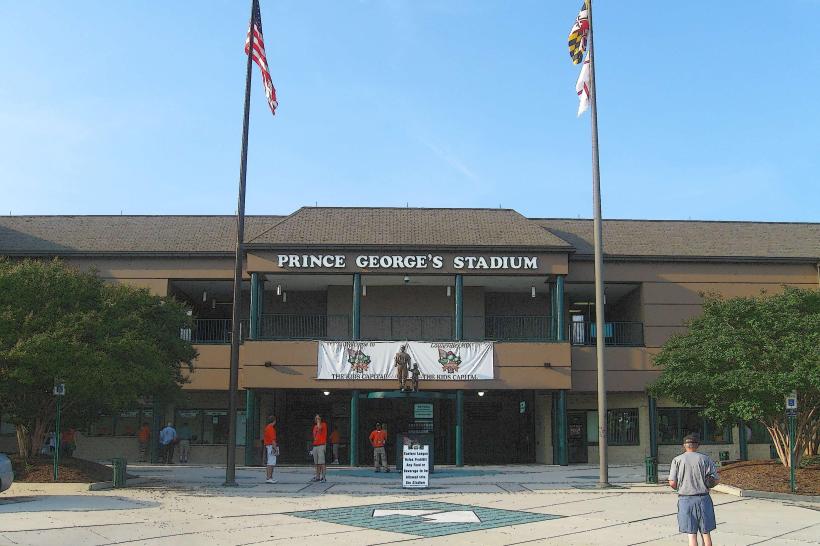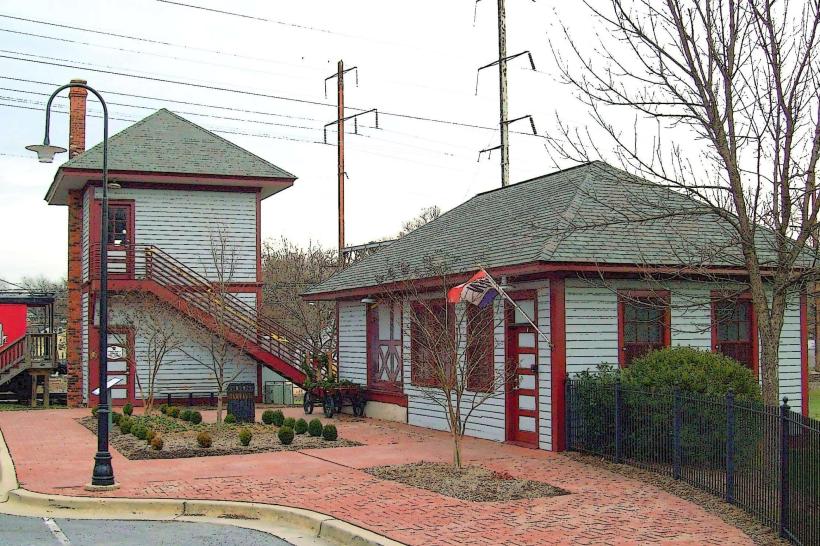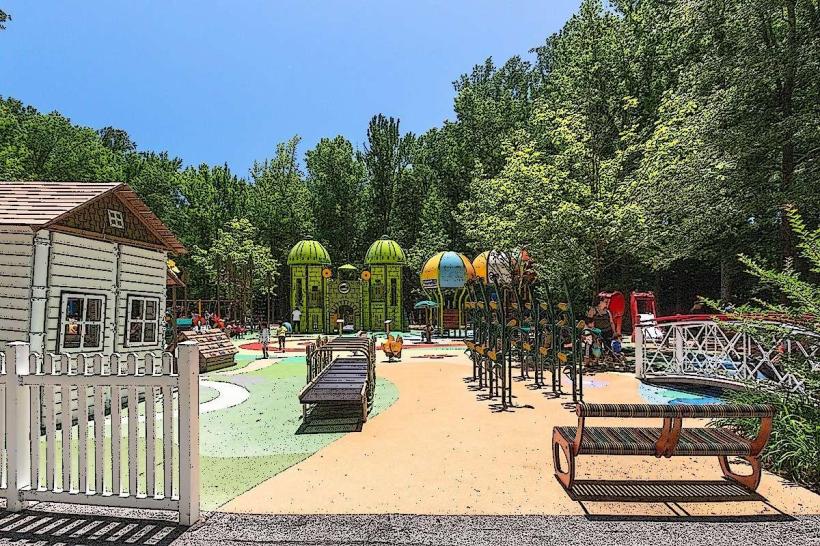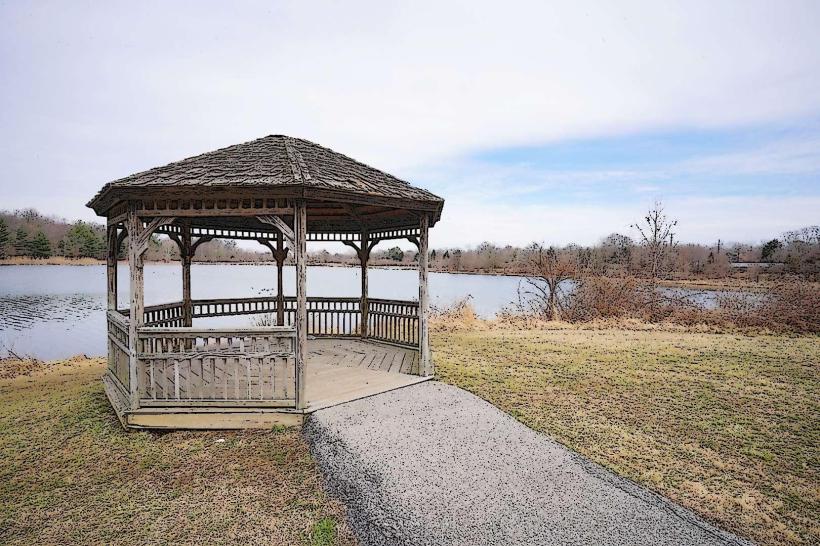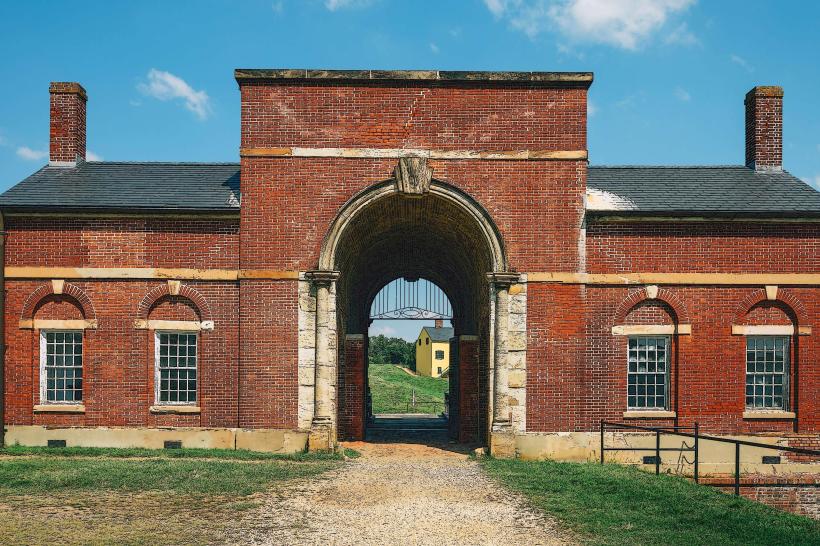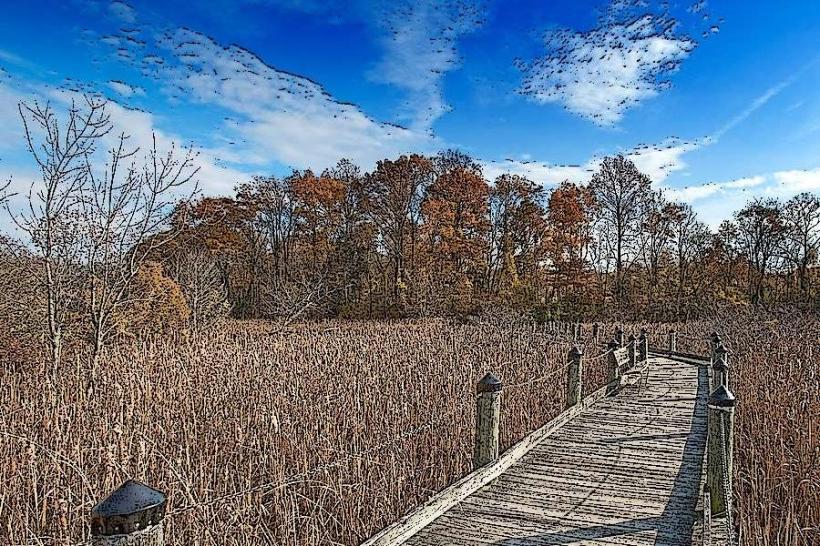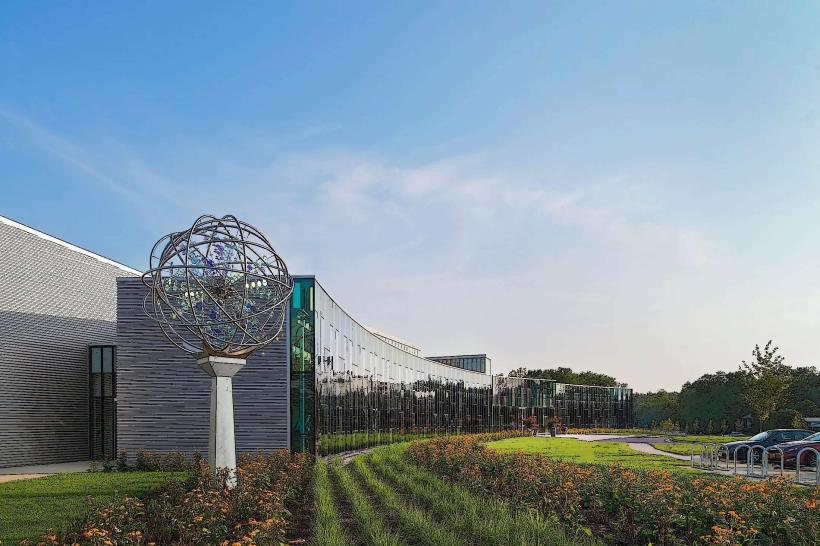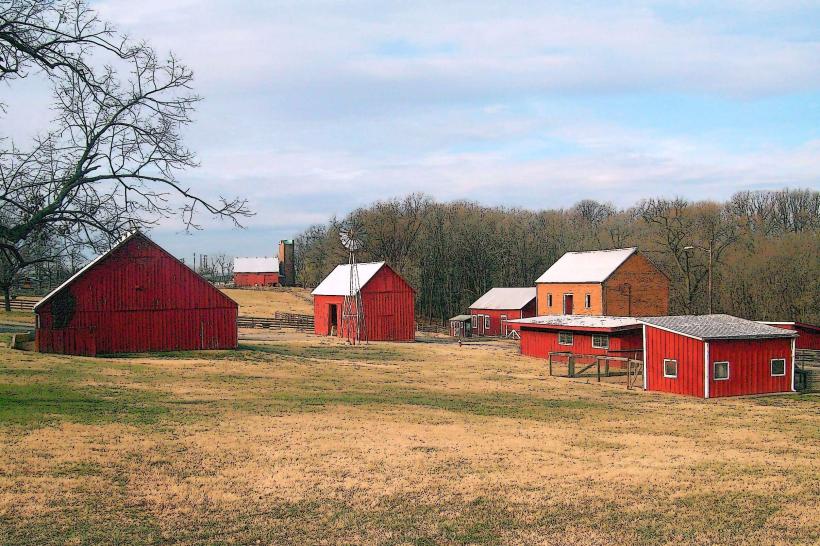Information
Landmark: National Wildlife Visitor Center (Patuxent Research Refuge)City: Prince Georges County
Country: USA Maryland
Continent: North America
National Wildlife Visitor Center (Patuxent Research Refuge), Prince Georges County, USA Maryland, North America
Overview
To be honest, In Laurel, Maryland, the National Wildlife Visitor Center at the Patuxent Research Refuge stands as the largest environmental science and education center run by the U, what’s more s, for the most part Fish and Wildlife Service, with trails that wind through quiet woods just beyond its doors, not only that it welcomes visitors into the refuge while spotlighting the vital research and conservation work happening there, from tracking bird migrations to restoring native plants.The facility stands in the South Tract of the 12,800-acre Patuxent Research Refuge, founded in 1936 by President Franklin D, on top of that roosevelt.Roosevelt was the first wildlife refuge created specifically to support scientific research on animals and their habitats, where researchers might watch herons lift off from the marsh at dawn, after that the Visitor Center is a sleek, eco-friendly building tucked into a quiet stretch of woods, with clear lakes, open meadows, and winding forest trails right outside its doors.It’s built to give people of every age a chance to learn by doing, while sparking awareness of wildlife, protecting fragile habitats, and supporting the study of our ecosystems, while we’re open Wednesday to Saturday, 10 a.m. To 4 p.m.-just in time to catch the warm afternoon light, moreover you’ll find it at 10901 Scarlet Tanager Loop, where there’s free parking waiting just out front.From what I can see, Paved walkways curve past native plant gardens, slip by hidden bird blinds, and lead to quiet spots where you can watch from the shade, in turn in the Main Exhibit Hall, vivid displays bring biodiversity to life, explore delicate ecosystems, follow the paths of migratory birds, highlight endangered species, and inspire a sense of environmental stewardship.You’ll find vast, detailed dioramas and hands-on touchscreens that bring local and global wildlife to life, showing how they grow, behave, and what they need to survive, therefore it showcases real-life research from Patuxent, from the quick flash of a bird being banded to the steady ping of satellite tracking and the hands-on work of restoring fragile habitats.The Discovery Center’s Children’s Area, designed for kids ages 3 to 10, offers hands-on play stations, nature-themed games, and colorful seasonal arts and crafts, meanwhile it’s open during special programs and field trips, buzzing most in spring and summer when the air smells faintly of fresh-cut grass.As far as I can tell, Monarch Magic Station celebrates the monarch butterfly-its epic migration, delicate life cycle, and vital role in the ecosystem, in conjunction with visitors can study specimens up close, then tap through interactive maps to follow migration routes from Maryland’s marshes all the way to Mexico.Hollingsworth Art Gallery hosts a rotating lineup of wildlife-themed pieces, from a local painter’s fox in the snow to works by regional and national artists, in turn the displays rotate every month, and openings often come with a lively public talk or a hands-on workshop.Run by the Friends of Patuxent, the bookstore and gift shop shelves are lined with field guides, books, games, thoughtful gifts, and hands-on learning tools, not only that every dollar goes toward conservation education and outreach, from teaching kids about local wildlife to hosting community workshops.The trails around the Visitor Center invite light hikes, a bit of birdwatching, or snapping photos of sunlight on the leaves, consequently the Loop Trail stretches just 0.29 miles, with smooth pavement and full wheelchair access.Trek the lakes right beside the Visitor Center, where you’ll find sweeping water views and signs that share stories of the location, in conjunction with the 1.5‑mile Cash Lake Trail winds beside the shoreline, where you can spot waterfowl gliding across the water and turtles sunning themselves from observation decks or fishing platforms.It’s common to view great blue herons gliding low over the water, osprey scanning from above, wood ducks paddling near the reeds, and dragonflies flickering in the sunlight, simultaneously the Valley Trail and Fire Road link up with the Cash Lake Trail to create a longer loop winding through pine and hardwood forests, where fallen needles soften your steps.Partly paved, partly gravel, it’s a trail where families stroll, birdwatchers pause to listen for warblers, and nature lovers wander at a relaxed pace, at the same time just behind the center, you’ll find a bird blind with feeders where cardinals flash red in the sun, chickadees dart in quick bursts, and woodpeckers and hummingbirds hover for a taste.The neighboring gardens burst with native blooms, drawing in butterflies, bees, and other helpful pollinators that flit from petal to petal, not only that the center hosts a variety of public programs and guided activities-many free or just a few dollars-like ranger-led walks where you might spot a blue heron, learn about local mammals, explore wetlands, or dive into conservation science.Bicycle Wildlife Tours: Spend the weekend riding smooth paved trails and spotting herons along the way, furthermore the Agents of Discovery app uses GPS to turn the refuge into a playful scavenger hunt, where kids and families track clues like hidden animal tracks or secret signs, slightly often Homeschool and school groups can dive into structured programs that feature live animal demos, guided trail walks, and hands-on activities-like feeling the rough bark of an timeworn oak, moreover summer Youth Camps offer nature-based day adventures, created in partnership with local groups-think hiking trails, fresh pine scent, and hands-on outdoor fun.Family Nature Days bring the seasons to life with hands-on crafts, lively storytelling, close encounters with gentle animals, and eye-opening ecology demos, on top of that patuxent Research Refuge stands alone as the nation’s only wildlife refuge built for scientific study, where biologists track the rustle of wings and the ripple of marsh water in their work.The refuge is vital for conserving migratory birds, managing wetlands and forests, restoring endangered species, and tracking environmental changes, alternatively patuxent once housed the U. S, in addition whooping crane breeding program, where the echoing calls of these rare birds marked a hopeful step toward their recovery in North America.At the Visitor Center, you can dive into the latest research and spot conservation in action-like a restored wetland teeming with birds-bringing this legacy to life for everyone, not only that visitor info and rules are posted, and you can saunter in without paying a cent.They don’t sell food or drinks here, and you can’t spread out a picnic near the Visitor Center-but you’re welcome to consume in the designated spots under the large maple trees, in turn you can’t bring pets into the Visitor Center or onto certain trails, unless they’re service animals-think of a guide dog trotting quietly at your side.You can fish in Cash Lake during the open season, as long as you’ve got a valid license tucked in your pocket, also you can bike or ride horses only in marked areas on the North Tract, a section that runs on its own schedule and opens just on Sundays.The National Wildlife Visitor Center at Patuxent Research Refuge offers a rare blend of immersive nature lessons, easy-to-saunter trails where deer sometimes graze, interactive exhibits, and live conservation work in action, then it’s a peaceful, inviting area where kids and adults alike can wander shaded trails, discover why local ecosystems matter, and get up close to the plants and wildlife that call the Mid-Atlantic home.Whether you’re a birder scanning the treetops, a parent chasing curious kids, a student with a field notebook, or a scientist at work, the center offers a rich, hands-on way to connect with Maryland’s natural heritage.
Author: Tourist Landmarks
Date: 2025-10-06





